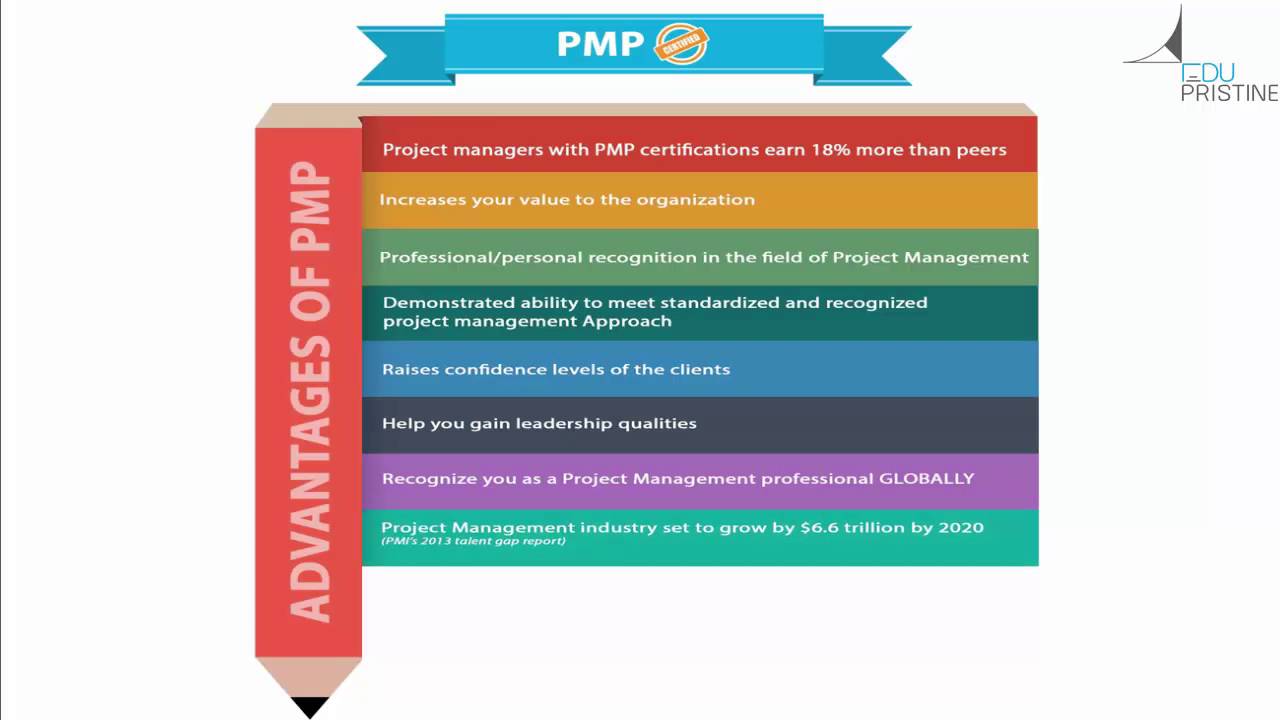The Benefits of PMP Certification
Obtaining a Project Management Professional (PMP) certification can be a significant milestone in your career. It demonstrates your expertise in project management and opens up a world of opportunities. In this article, we will explore the various benefits of PMP certification and why it is highly regarded in the industry.
Enhanced Career Prospects
One of the most compelling advantages of PMP certification is the boost it provides to your career prospects. PMP is globally recognized and respected, making it an essential credential for project managers. Employers often prioritize candidates with PMP certification due to the rigorous standards and comprehensive knowledge it represents. By earning this certification, you position yourself as a highly qualified professional, increasing your chances of securing desirable job opportunities and advancing your career.
Increased Earning Potential
Another significant benefit of PMP certification is the potential for higher earnings. According to a survey conducted by the Project Management Institute (PMI), PMP-certified professionals earn significantly more than their non-certified counterparts. This certification validates your expertise and demonstrates your commitment to the profession, making you a valuable asset to organizations. As a result, PMP certification can lead to higher salary negotiations and better compensation packages.
Improved Project Management Skills
PMP certification is designed to enhance your project management skills and competencies. The certification process covers a wide range of project management topics, including project initiation, planning, execution, monitoring, controlling, and closing. By studying these areas in-depth, you gain a comprehensive understanding of best practices and industry standards. This knowledge equips you with the tools and techniques necessary to effectively manage projects, ensuring successful outcomes and client satisfaction.
Global Recognition
PMP certification is globally recognized and respected, providing you with a competitive edge in the international job market. Whether you aspire to work locally or internationally, PMP certification demonstrates your ability to meet globally recognized project management standards. It showcases your commitment to continuous learning and professional development, making you a desirable candidate for organizations worldwide.
Networking Opportunities
Obtaining PMP certification also opens doors to valuable networking opportunities. Joining professional project management associations and attending industry events allows you to connect with like-minded professionals, experts, and potential employers. These connections can provide insights, mentorship, and career guidance, ultimately helping you advance in your profession. Networking is an essential aspect of professional growth, and PMP certification can serve as an excellent catalyst for expanding your network.

PMP certification offers numerous benefits for project management professionals. From enhanced career prospects and increased earning potential to improved project management skills and global recognition, the advantages are abundant. By investing in PMP certification, you invest in your future and position yourself as a highly competent and sought-after project management professional. Take the first step towards unlocking these benefits by embarking on your PMP certification journey today!
Frequently Asked Questions about the Benefits of PMP Certification
1. What is PMP certification?
PMP stands for Project Management Professional. It is a globally recognized certification for project managers, awarded by the Project Management Institute (PMI).
2. What are the benefits of PMP certification?
PMP certification enhances your project management skills, increases job opportunities, boosts earning potential, and provides a competitive edge in the industry.
3. How does PMP certification enhance project management skills?
PMP certification equips you with a comprehensive understanding of project management methodologies, best practices, and industry standards, enabling you to effectively manage projects from initiation to closure.
4. Does PMP certification increase job opportunities?
Yes, PMP certification opens up a wide range of job opportunities as it is recognized and respected by employers worldwide. Many organizations specifically look for PMP-certified professionals to lead their projects.
5. Can PMP certification boost earning potential?
Absolutely! PMP-certified professionals tend to earn higher salaries compared to their non-certified counterparts. The certification demonstrates your expertise and dedication to the project management field, making you a valuable asset to employers.
6. How does PMP certification provide a competitive edge?
PMP certification sets you apart from other project managers by validating your knowledge, skills, and experience in project management. It demonstrates your commitment to professional development and distinguishes you as a highly qualified professional.
7. Is PMP certification globally recognized?
Yes, PMP certification is recognized and respected worldwide. It is an industry-standard certification that is highly regarded by employers in various sectors.
8. Can PMP certification help in career advancement?
Definitely! PMP certification is often a requirement for senior project management roles. It showcases your ability to handle complex projects and increases your chances of getting promoted or taking up leadership positions.
9. How can I obtain PMP certification?
To obtain PMP certification, you need to meet the eligibility criteria set by PMI, including project management experience and education requirements. You must also pass the PMP exam, which assesses your knowledge and application of project management principles.
10. How long is PMP certification valid?
PMP certification is valid for three years. To maintain your certification, you need to earn professional development units (PDUs) by participating in project management-related activities, attending seminars, or taking additional courses.




